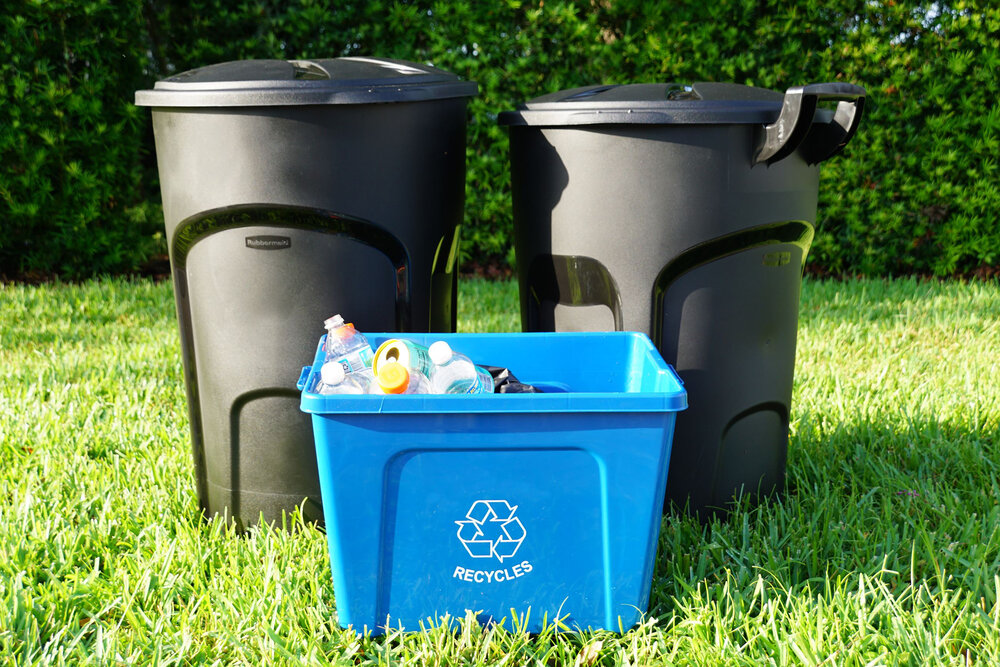25% of waste produced in Iran recyclable: environment official

TEHRAN — Approximately 25% of the waste generated in Iran is recyclable, director general of Tehran province department of environment has said.
Generally waste is of economic value and while unlocking it would yield financial benefits waste management is being disregarded in the country, ISNA news agency quoted Kiyomars Kalantari as saying on Friday.
Waste and leachate would bring about considerable damages to the earth, he regretted, adding that about 57,000 tons of waste is being produced in the country on a daily basis and unfortunately a great deal of it will be strewn around in the nature.
Recycling the waste would stop pollutions from entering groundwater and surface water resources and stop wasting energy, he added.
“We generally assume that consumers are blameworthy, while producers deserve disapproval as they have to produce products which can be easily recycled by using modern technologies.” Kalantari explained.
Everyday 8,000 tons of waste is being transferred to landfills in Tehran but not even 1 kilogram of it is recycled as waste segregation at source in not being practiced, he lamented.
Recycling is of great importance as waste has a huge negative impact on the natural environment. Harmful chemicals and greenhouse gasses are released from rubbish in landfill sites. Recycling helps to reduce the pollution caused by waste as well as reduce the need for raw materials.
According to 4waste.com waste can be classified into five types of waste which is all commonly found around the house. These include liquid waste, solid rubbish, organic waste, recyclable rubbish and hazardous waste.
1. Liquid Waste
Liquid waste is commonly found both in households as well as in industries. This waste includes dirty water, organic liquids, wash water, waste detergents and even rainwater.
2. Solid Rubbish
Solid rubbish can include a variety of items found in household along with commercial and industrial locations.
Solid rubbish is commonly broken down into the following types:
Plastic waste – This consists of bags, containers, jars, bottles and many other products that can be found in household. Plastic is not biodegradable, but many types of plastic can be recycled. Plastic should not be mix in with regular waste, it should be sorted and placed in recycling bin.
Paper/card waste – This includes packaging materials, newspapers, cardboards and other products. Paper can easily be recycled and reused.
Tins and metals – This can be found in various forms throughout home. Most metals can be recycled.
Ceramics and glass – These items can easily be recycled.
3. Organic Waste
Organic waste is another common household. All food waste, garden waste, manure and rotten meat are classified as organic waste. Over time, organic waste is turned into manure by microorganisms. However, this does not mean that one can dispose them anywhere.
Organic waste in landfills causes the production of methane, so it must never be simply discarded with general waste.
4. Recyclable Rubbish
Recyclable rubbish includes all waste items that can be converted into products that can be used again. Solid items such as paper, metals, furniture and organic waste can all be recycled.
5. Hazardous Waste
Hazardous waste includes all types of rubbish that are flammable, toxic, corrosive and reactive.
These items can harm human beings as well as the environment and must be disposed of correctly.
MQ/MG
Leave a Comment